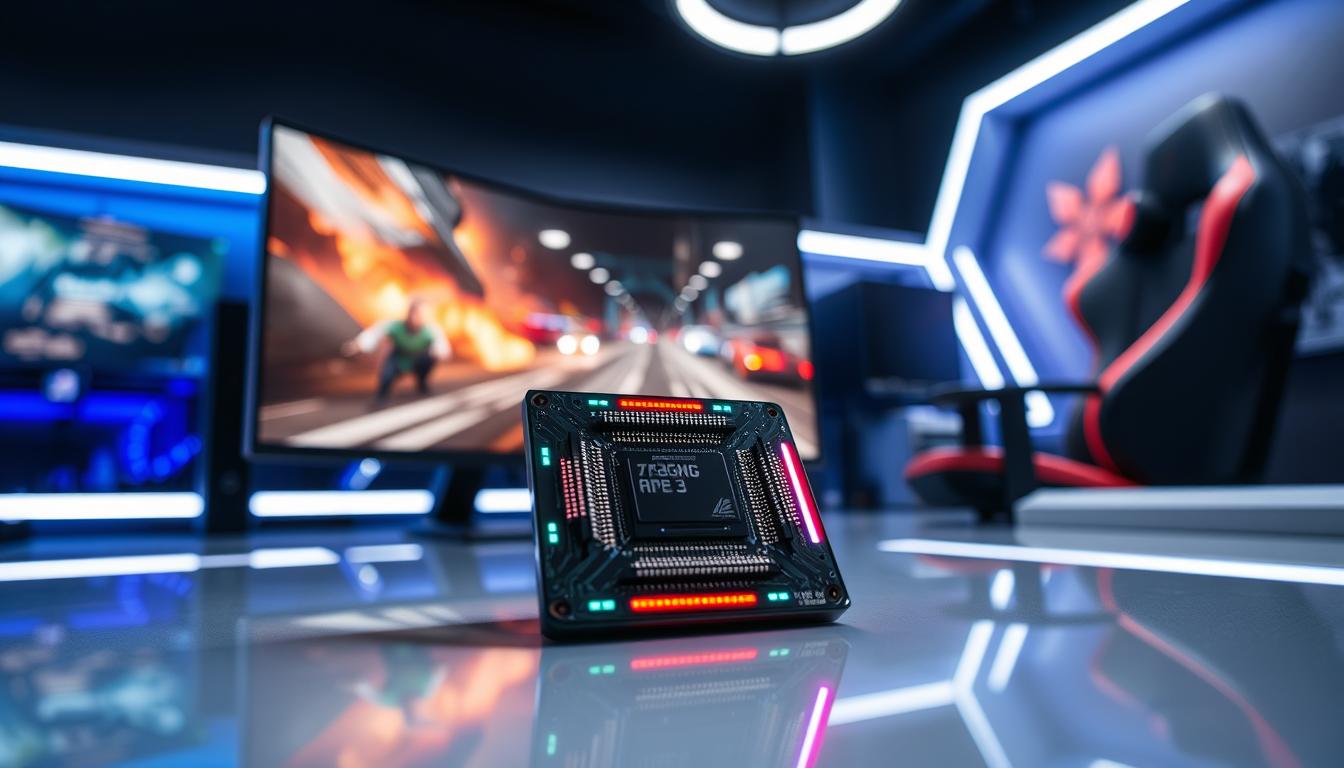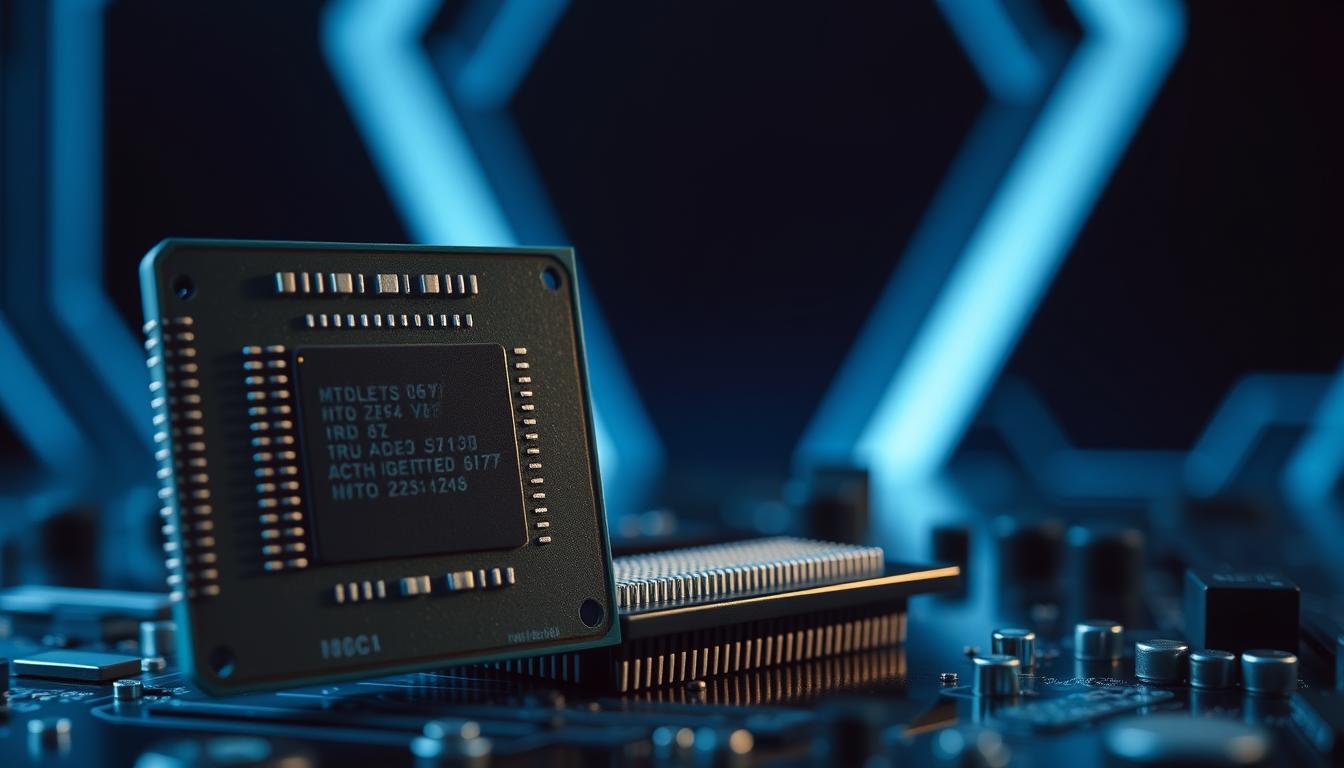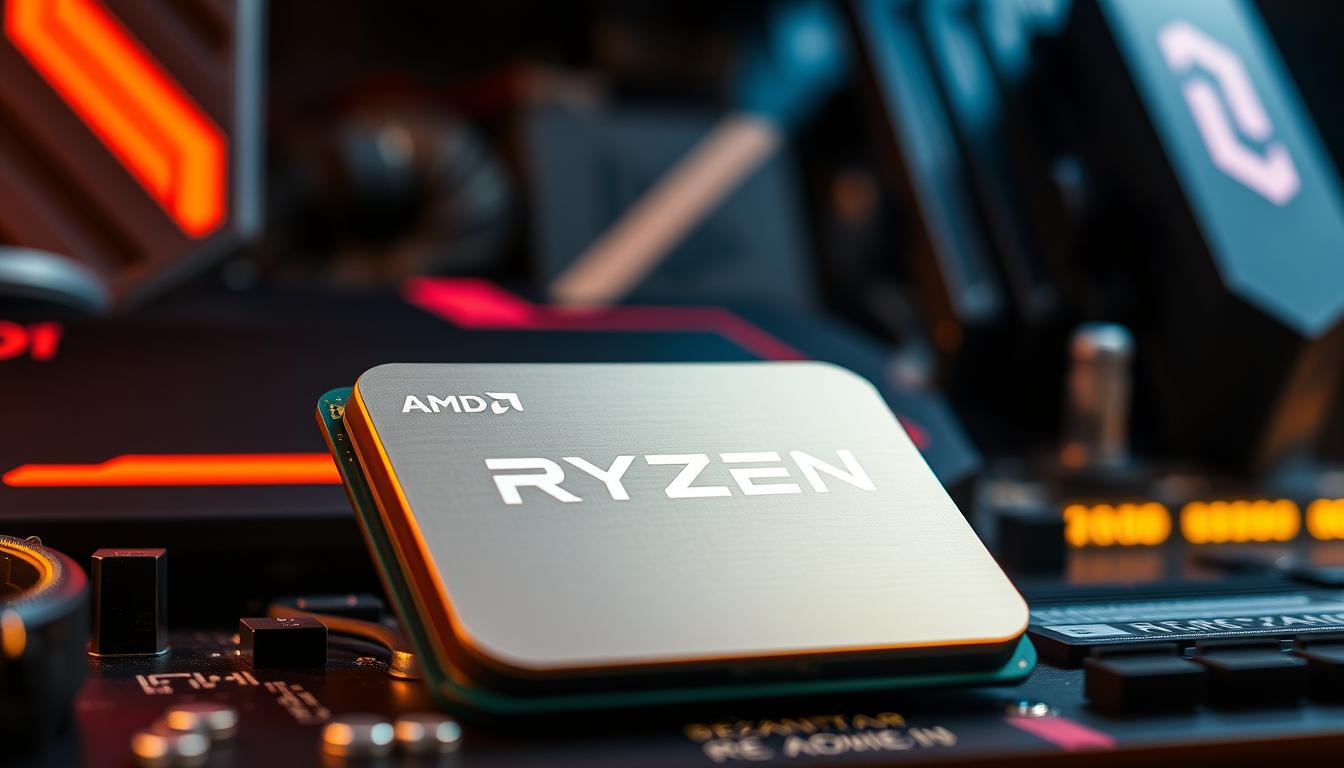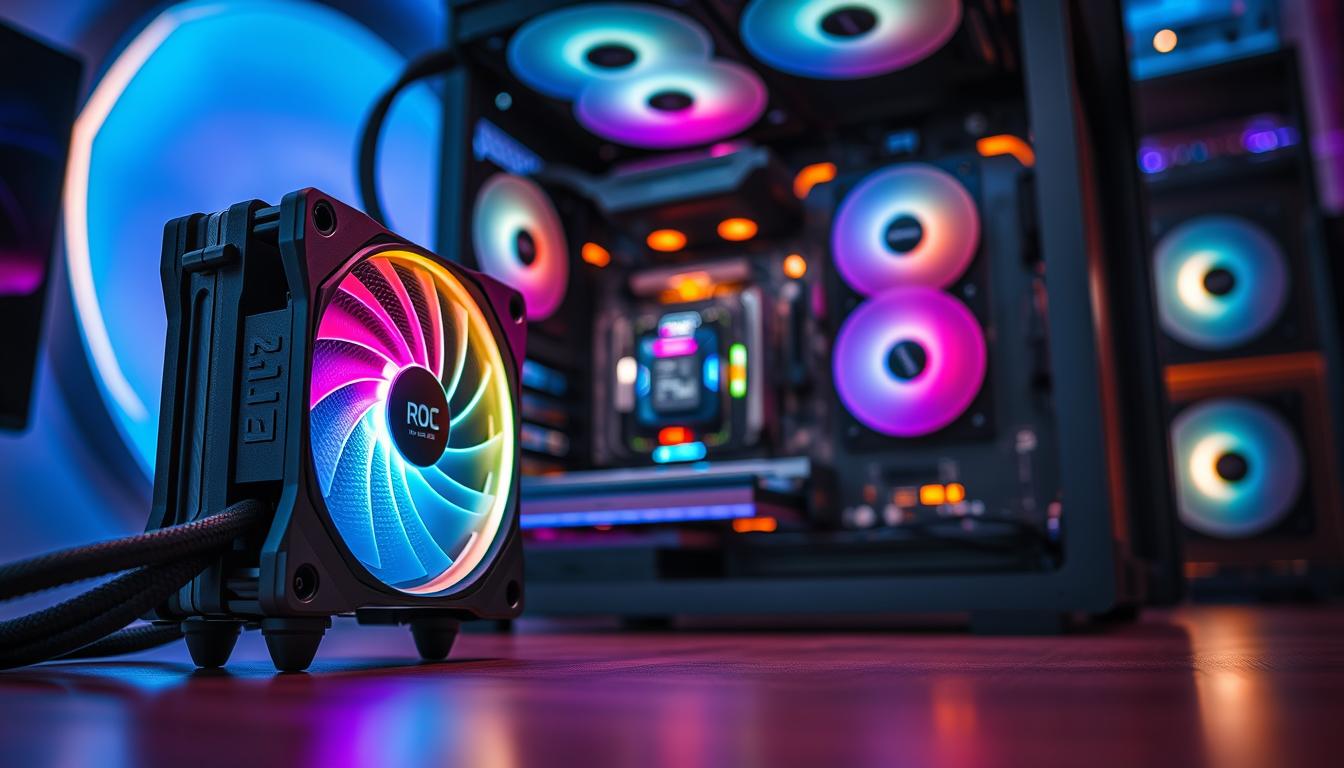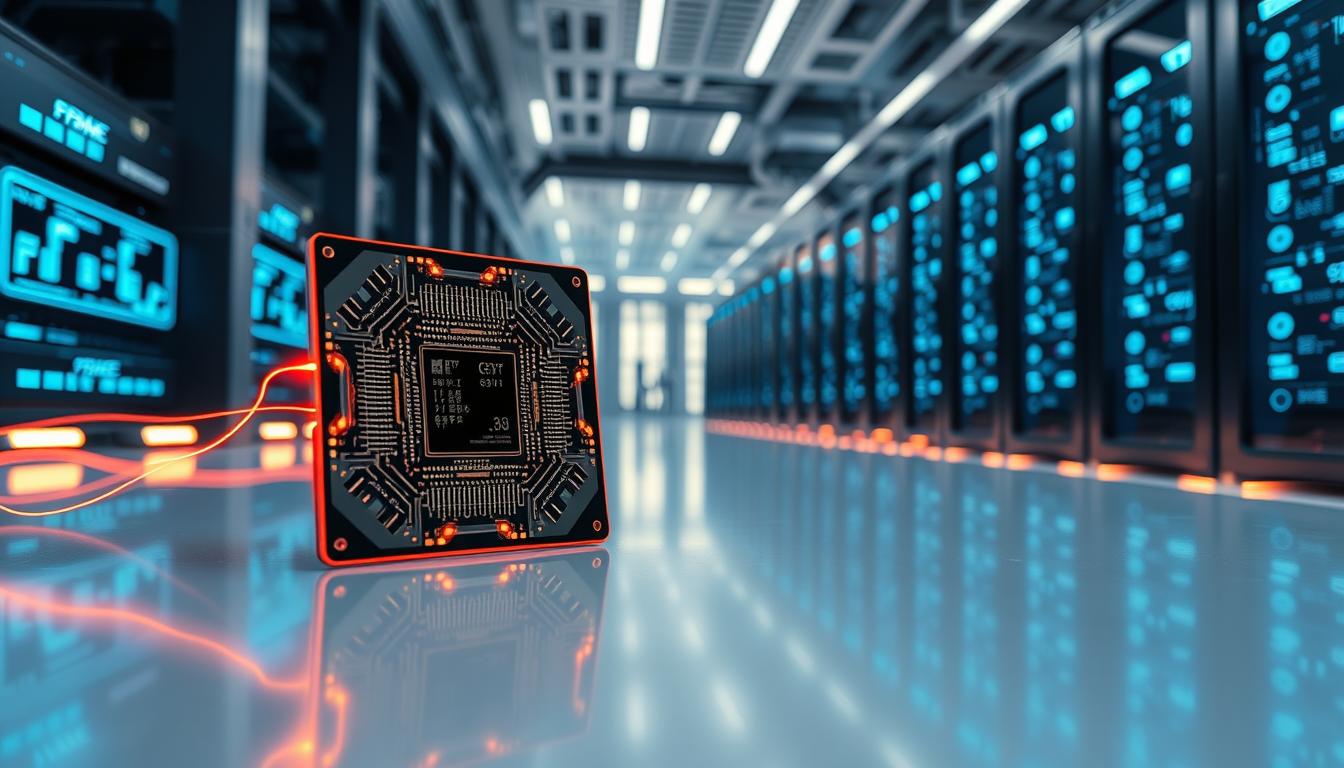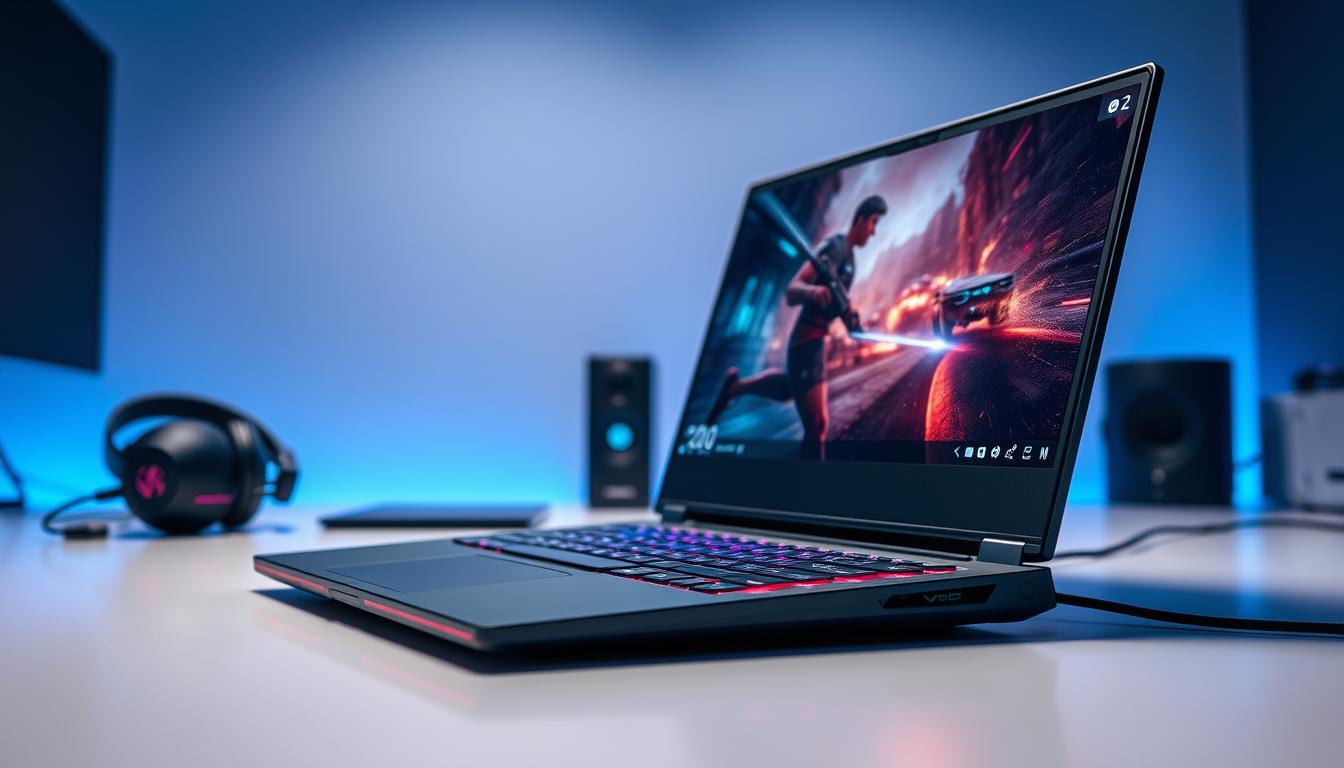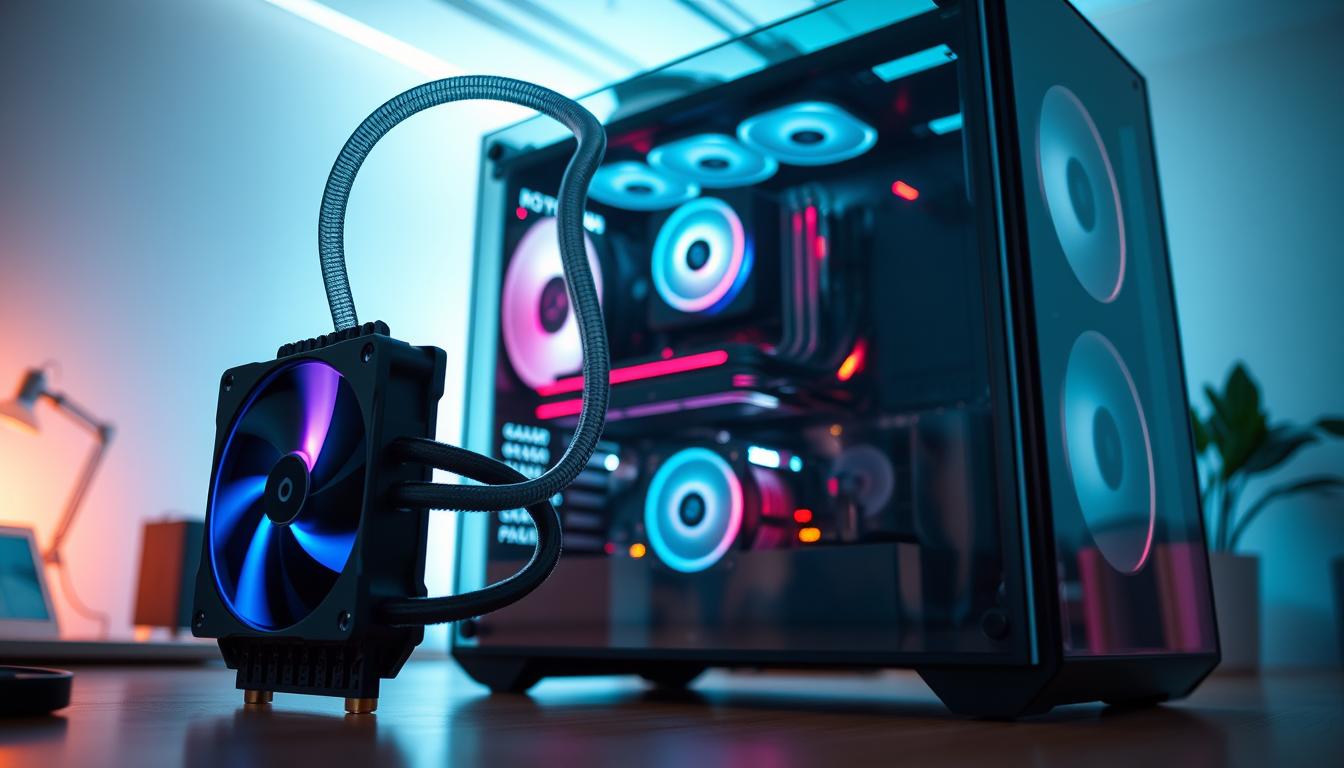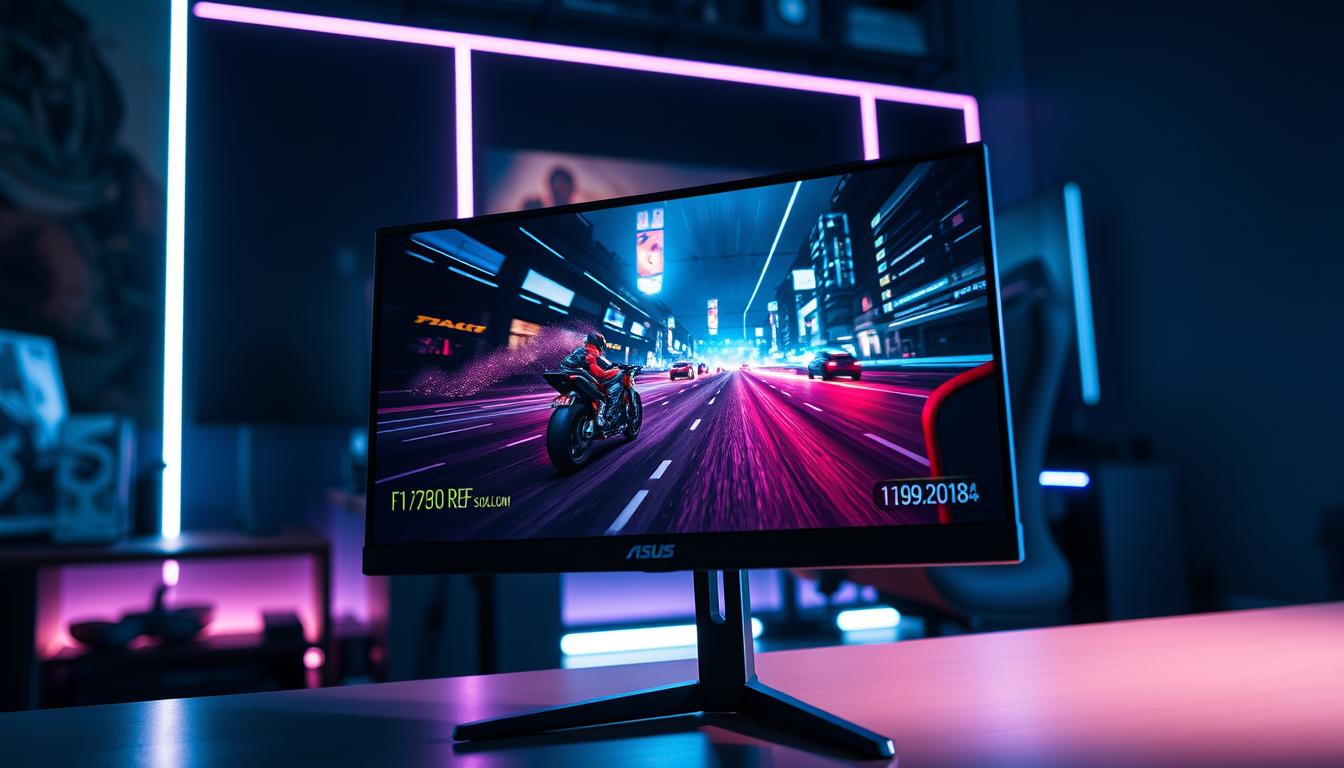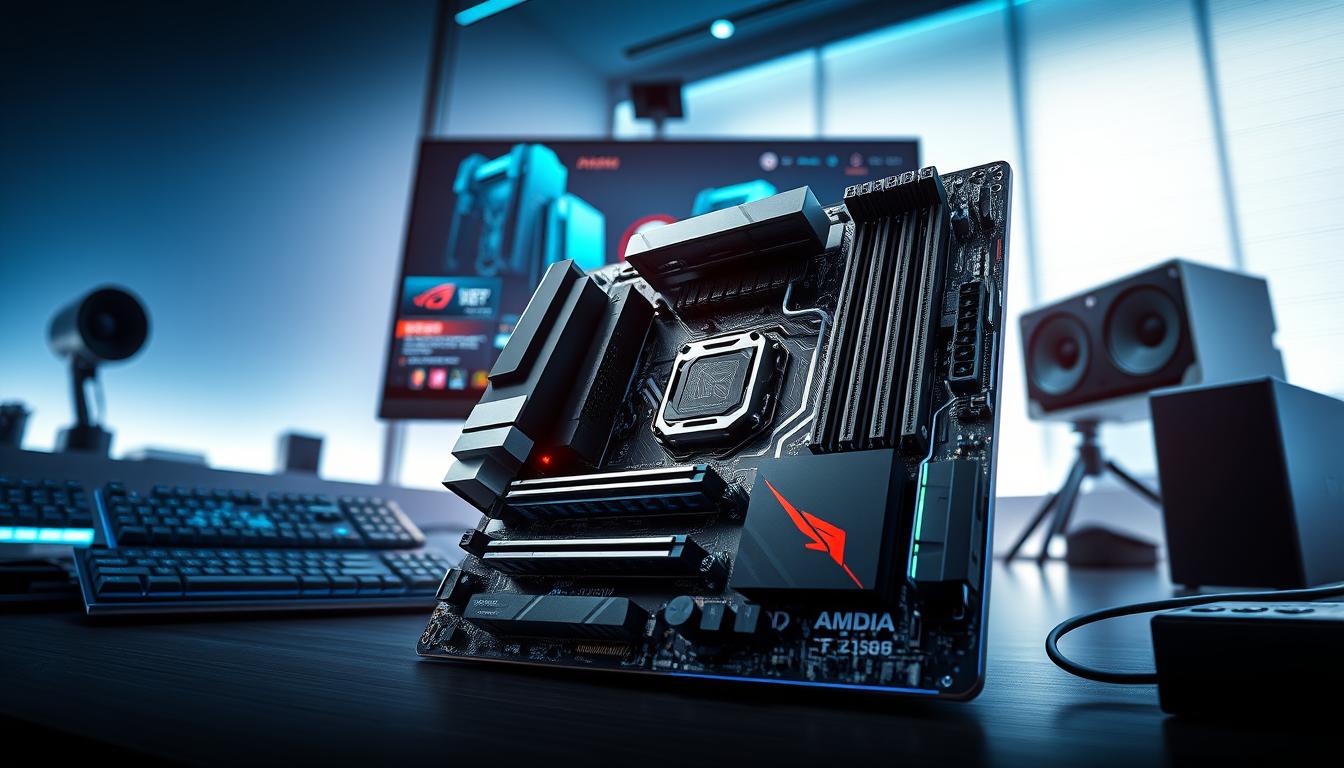The Essential Guide to PC Fans: Improving Longevity & Performance I frequently forget how important high-quality PC fans are when considering the parts that keep my computer operating smoothly. These unsung heroes are essential to keeping my system at the ideal temperature & guaranteeing that every part works properly. My CPU & GPU may overheat without proper cooling, which could cause thermal throttling or even irreversible damage. For this reason, purchasing high-quality fans is crucial to my machine’s longevity and functionality, not just a matter of taste.
Key Takeaways
- Good PC fans are important for maintaining optimal temperature and airflow within your computer, which can improve performance and extend the lifespan of your components.
- When choosing PC fans, consider factors such as size, airflow, static pressure, noise level, and RGB lighting options to ensure they meet your specific needs and preferences.
- There are various types of PC fans, including case fans, CPU fans, and radiator fans, each designed for different purposes and locations within the computer.
- Using good PC fans can provide benefits such as improved cooling efficiency, reduced noise levels, and enhanced aesthetics with customizable lighting options.
- To install and maintain PC fans, follow manufacturer instructions, regularly clean dust and debris, and consider upgrading to higher quality fans for better performance and longevity.
- Some top brands known for quality PC fans include Noctua, Corsair, Cooler Master, Be Quiet!, and NZXT, which offer a range of options for different budgets and requirements.
- Consider the noise levels and cooling performance of PC fans when upgrading, as quieter fans with higher airflow and static pressure can provide better overall performance.
- Upgrading your PC fans for better performance can result in improved cooling, reduced noise, and enhanced aesthetics, making it a worthwhile investment for any computer setup.
Also, a more stable computing environment is a result of having high-quality PC fans. I know firsthand how unexpected crashes and data loss can result from overheating. By keeping my system cool, I can work hard or play games without worrying about my computer shutting down unexpectedly. In summary, the significance of high-quality PC fans cannot be emphasized; they are essential for dependability & performance.
As time has gone on, I’ve learned to prioritize a few factors when selecting PC fans. First and foremost, I consider the fans’ size.
An improperly fitted fan, either too big or too small, can result in ineffective cooling or even damage to my components. The airflow and static pressure ratings of the fan are also important considerations. Cubic feet per minute (CFM) is the unit of measurement for airflow, & I’ve discovered that higher CFM ratings typically correspond to better cooling performance.
Static pressure is just as crucial, though, particularly for fans that must force air through thick filters or heatsinks. Choosing fans that satisfy my cooling requirements without sacrificing noise levels has required striking a balance between these two factors. I’ve learned about different kinds of fans, each with a specific purpose, as I continue to learn more about PC cooling. The case fan, which aids in air circulation within the computer casing, is the most popular kind. I can alter the airflow patterns according to my setup because these fans are available in a variety of sizes and designs. In order to achieve a balanced airflow that keeps my components cool, I frequently combine intake and exhaust fans.
I’ve looked into GPU fans and CPU coolers in addition to case fans. CPU coolers can be either liquid- or air-based; air coolers dissipate heat using fans & large heatsinks. Conversely, liquid coolers more effectively dissipate heat from the CPU through a closed-loop mechanism.
Knowing these various kinds has helped me choose the best cooling solution for my needs by enabling me to make well-informed choices. Using top-notch PC fans has advantages beyond controlling temperature. Improved system stability is one notable benefit that I have observed. Effective cooling allows my components to function at peak efficiency while lowering the possibility of thermal throttling when performing taxing tasks like video editing or gaming. Because of this stability, everything runs more smoothly and I can concentrate on the things I enjoy without having to worry about overheating.
Good PC fans can also improve my build’s visual appeal. Many contemporary fans have RGB lighting options that can be customized, so I can design an eye-catching setup that expresses my own style. Since I can get both performance improvements and a aesthetically pleasing design, upgrading my fans has become a fun experience thanks to this combination of functionality and aesthetics. PC fan installation is a simple procedure that I’ve become proficient at over time.
First, I make sure I have a screwdriver and screws on hand, among other essential tools. Prior to installation, I always make sure the fan blades are oriented in the direction I want airflow to enter or exit the case. After the fan is in the proper position, I screw it in place and attach it to the motherboard or power supply. In order to keep my fans operating at their best, maintenance is equally crucial.
Because dust accumulation can seriously impair airflow and cooling effectiveness, I make it a habit to clean my fans on a regular basis. I carefully dust the blades and surrounding areas with a soft brush or compressed air. My fans have lasted longer and continue to provide reliable cooling thanks to this easy maintenance schedule. I’ve discovered a number of companies over the years that regularly produce top-notch PC fans. A notable brand for its outstanding performance and low noise levels is Noctua.
Because of their reputation for dependability and effectiveness, their fans are a favorite among enthusiasts like myself who value quiet operation without compromising cooling capacity. Corsair is another brand that is worth mentioning because of its fashionable designs and RGB lighting options. Their fans give any build a dash of flair in addition to their excellent performances. Also, companies like Arctic & Be Quiet! have become well-known for their emphasis on good airflow and silent operation.
My investigation into these brands has given me the opportunity to identify dependable solutions that meet my performance requirements and aesthetic tastes. The noise levels of PC fans are one factor that frequently worries me. High-performance fans can be very effective at cooling, but they can also make a lot of noise, which can be annoying when working or playing games. In order to solve this problem, I carefully consider the decibel (dB) ratings that manufacturers provide. Most users find fans with ratings under 30 dB to be sufficiently quiet.
Also, I’ve discovered that noise levels are greatly influenced by fan speed. The Pulse Width Modulation (PWM) technology found in many contemporary fans enables them to change their speed in response to temperature demands. In addition to maintaining ideal cooling, this feature reduces noise during easier tasks.
One of the best improvements I’ve made to my system is upgrading my PC fans. As technology develops, newer fan models frequently have enhanced features and designs that greatly increase performance.
When combined with dense radiators or heatsinks, for example, the cooling efficiency has significantly increased since standard case fans were replaced with high-static pressure models. Also, switching to RGB fans has given me the opportunity to further customize my setup while taking advantage of improved airflow capabilities. For those who want to improve their build, upgrading is an alluring option due to the enhanced performance and visual appeal.
Purchasing high-quality fans, whether for aesthetic or functional reasons, has turned out to be a wise investment in my experience as a PC enthusiast. To sum up, realizing how crucial high-quality PC fans are has changed the way I think about cooling solutions for my computer system. My decisions have improved both performance and appearance by taking into account variables like size, airflow ratings, and noise levels. Regular upkeep & keeping an eye on leading brands have allowed me to take advantage of the numerous advantages that come with high-quality cooling solutions while maintaining an effective and aesthetically pleasing setup.
If you’re looking to upgrade your PC cooling system, you may want to consider investing in the best PC cooler. One option to consider is the Noctua NH-D15, which is known for its excellent performance and quiet operation. For more information on how to improve your PC’s cooling system, check out this article on the best PC cooler.
FAQs
What are PC fans?
PC fans are small, electrically powered fans that are used to cool the components of a computer, such as the CPU, GPU, and power supply. They help to dissipate heat and prevent overheating, which can cause damage to the computer’s hardware.
Why are good PC fans important?
Good PC fans are important because they help to maintain the optimal operating temperature of the computer’s components. This can prolong the lifespan of the hardware and ensure that the computer runs smoothly and efficiently.
What are the characteristics of good PC fans?
Good PC fans are characterized by their airflow, static pressure, noise level, and reliability. They should provide adequate airflow to cool the components, have high static pressure to push air through tight spaces, operate quietly, and have a long lifespan.
What are some popular brands of good PC fans?
Some popular brands of good PC fans include Noctua, Corsair, Cooler Master, and be quiet!. These brands are known for producing high-quality fans with excellent performance and reliability.
How do I choose the right PC fan for my computer?
When choosing a PC fan, consider factors such as the size of the fan (usually measured in millimeters), the airflow and static pressure ratings, the noise level, and the type of bearing used. It’s also important to ensure that the fan is compatible with your computer’s case and components.

